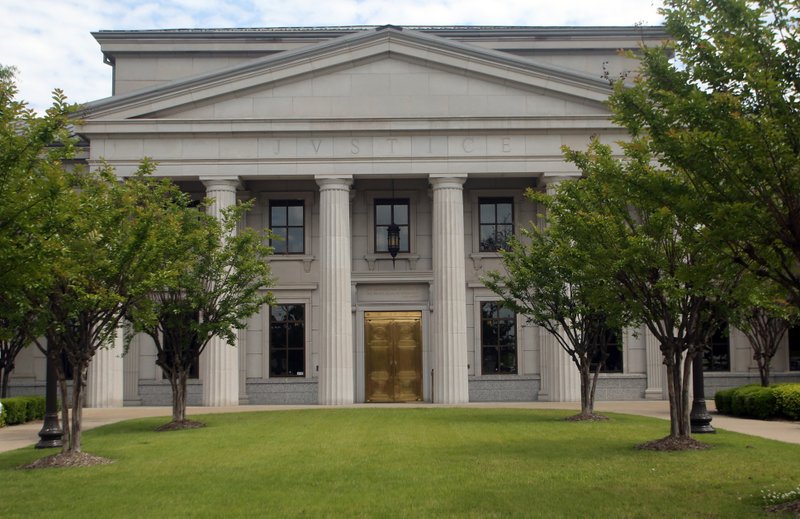The Arkansas Supreme Court on Friday allowed four controversial voting laws to go back into effect, blocking a lower court's March ruling that struck down the voting restrictions.
The Supreme Court's unsigned order did not give reason for its decision. The order simply states that it approved the state's emergency request for a stay of Pulaski County Circuit Judge Wendell Griffen's ruling.
Griffen had halted the enforcement of the four laws, ruling that they were overly restrictive.
The four laws were enacted last year by the Arkansas General Assembly during the 2021 regular session. They are:
• Act 249, which requires voters who fill out provisional ballots to submit photocopies of their IDs by noon on the Monday after Election Day for their votes to be counted. Those voters previously could give sworn statements when casting a provisional ballot to ensure their votes were counted.
• Act 728 prohibits people from standing within 100 feet of a polling site except to vote or for another lawful purpose. Critics have said the law would prohibit such activities as handing out water or snacks to voters standing in long lines waiting to vote.
• Act 736 introduced a requirement that a voter's signature on an absentee ballot be verified by checking the person's voter registration application. Before, state law allowed election workers to check multiple signatures. Several witnesses testified at the trial that the change could present obstacles for many Arkansans, particularly those with ailments like arthritis or nephropathy, which can make a voter's signature inconsistent.
• Act 973 moved the mail-in ballot deadline from the Monday before an election to the Friday before.
The laws were challenged by the League of Women Voters and Arkansas Unite. The groups claimed that the laws deliberately make voting harder -- and sometimes impossible -- for minority voters, poor voters and voters with certain health problems.
